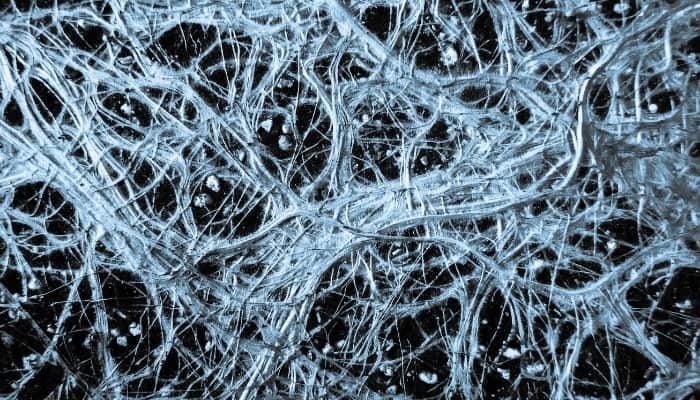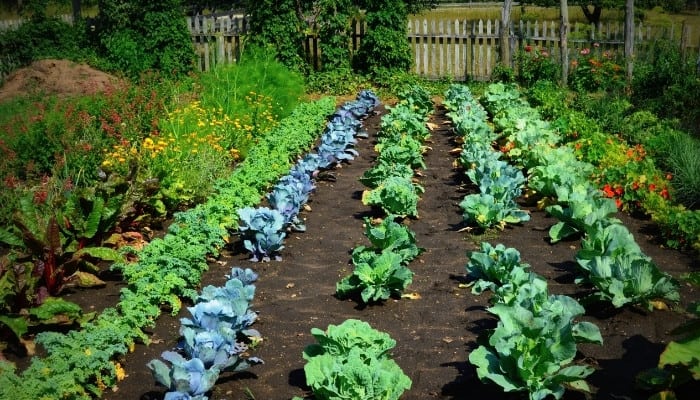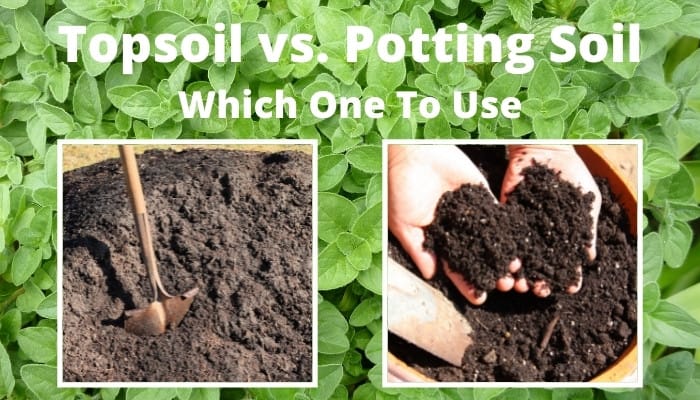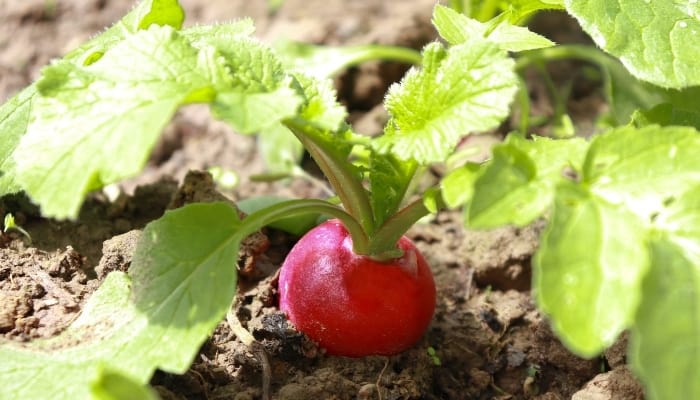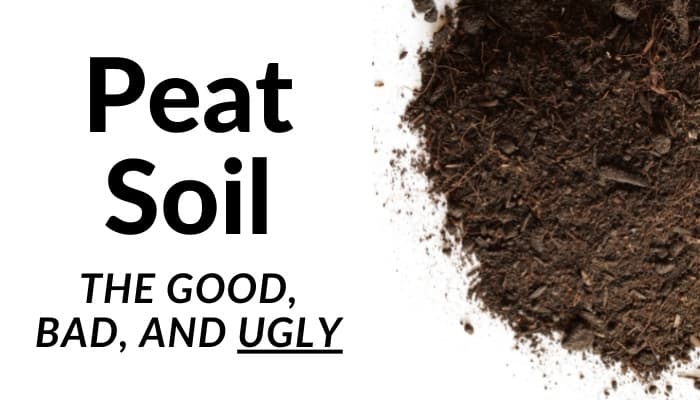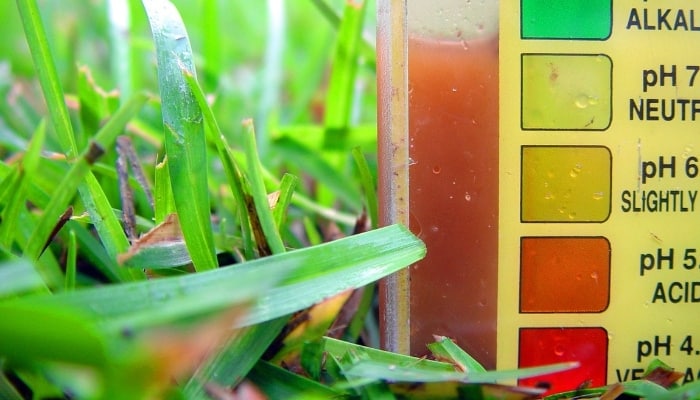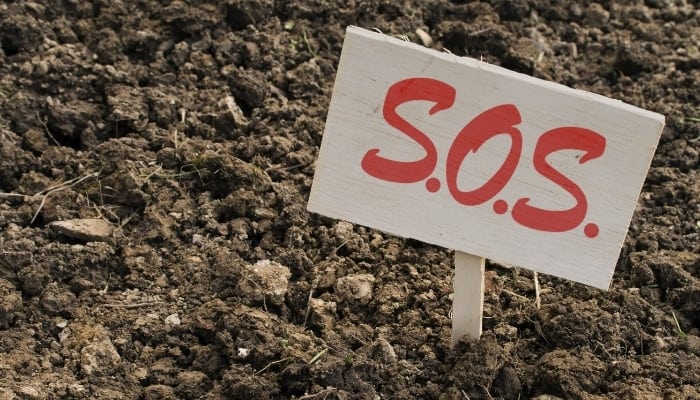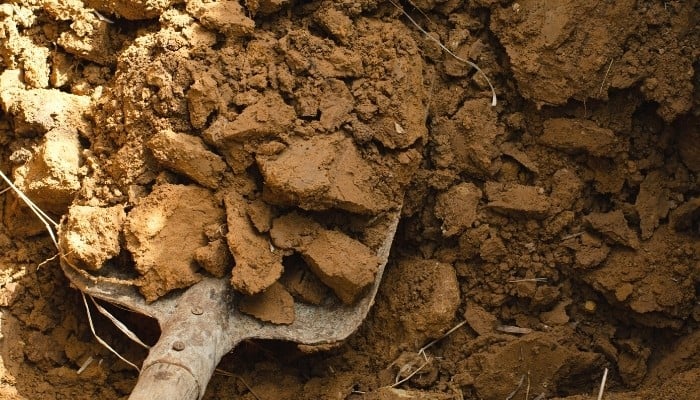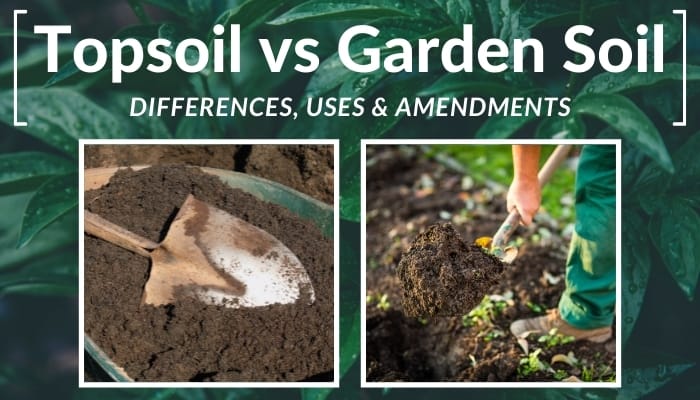The soil in the garden contains numerous microorganisms that can have either positive or negative effects on the plants. While many of these bacteria break down organic matter in the soil to release the nutrients that plants need, others cause diseases that could kill the plants. So how do you keep the good microbes and …
Soil
Mycorrhizal fungi are a remarkable species of fungi that establish symbiotic connections with 80-90% of the world’s plants. However, how exactly does this process occur? What is mycorrhizal fungi? Mycorrhizal fungi live in a mutually beneficial relationship with plants. In exchange for sugars that the plant makes during photosynthesis, the mycorrhizae send out long strands …
If you plant your vegetable seedlings in substandard topsoil, they simply won’t survive. However, enhancing the quality of your topsoil isn’t a complex task, so there’s no need to stress. However, you do need to have a basic understanding of what you’re doing, or you’re going to make your life unnecessarily hard! What is the …
Grasping the distinction between Top Soil and Potting Soil is vital for gardening as it influences plant development, moisture management, and the overall health of the garden. Topsoil is commonly employed for general outdoor landscaping and is significantly different from potting soil, specifically designed for plants in containers. (Source) Topsoil is basic, unenriched soil for …
Sandy soil is not as proficient at holding moisture compared to loam or clay soil, which necessitates attentive management. However, the advantage is that issues associated with waterlogging or compaction are less prevalent in sandy areas, so it’s not all doom and gloom! The best plants for sandy soil will be resilient wildflowers. You should …
There’s nothing inherently wrong with peat, however it’s not advisable to use it for gardening purposes. Its value is significantly higher when left undisturbed in the ground, and there are ample excellent substitutes that can be utilized within our gardens. Peat is a wonderful substance that our planet dearly needs. It is a carbon sink …
There is a significant amount of misleading and antiquated data about soil tests all over the internet. Hence, thorough scrutiny is needed before placing your trust in any YouTube video or blog post concerning this topic. But soil tests are essential if you want to understand the health of your garden. The problems that we …
Battling with clay soil may seem like an uphill challenge, however, it doesn’t necessarily need to be. What’s the best way to amend clay soil? You can use biological amendments, such as compost, compost tea, and compost extract, to improve your clay soil. It might also be appropriate to mix gypsum or sand with your …
Clay soil often has an unfavorable standing due to the common belief that it is saturated with water, dense, and challenging to handle. However, it is a misunderstood soil type that can be utilized with a few simple tips. What is clay soil? Clay soil simply has more clay particles than other soils. It tends …
Garden soil and topsoil may appear identical on the surface, but significant variations exist beneath their exterior. Topsoil (the upper 5-10in / 12 -25cm of earth), is primarily managed to support landscaping plans and structural changes to the area. Garden soil enriched with organic compost and nutrients is typically placed on top of topsoil to …


